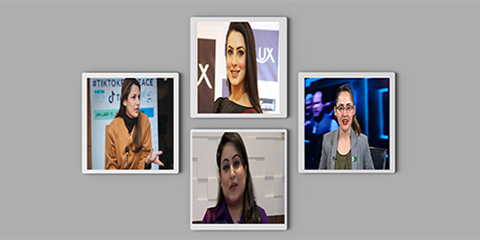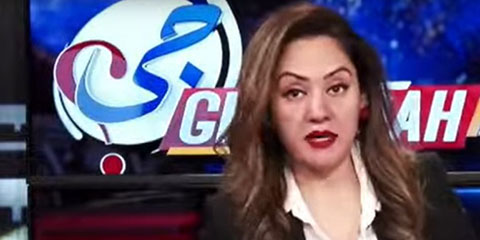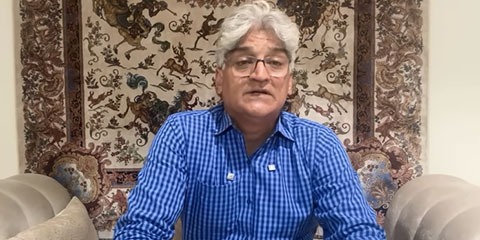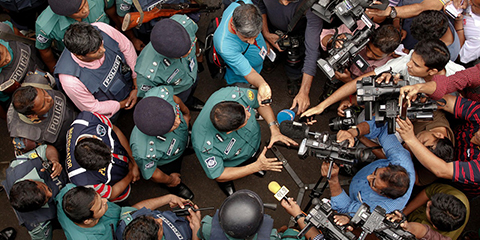Targeted and trolled: The alarming rise of online harassment of women journalists
JournalismPakistan.com | Published last year | JP Special Report
Join our WhatsApp channel
ISLAMABAD—In recent months, the landscape of journalism in Pakistan has been overshadowed by a disturbing rise in online trolling and harassment, particularly targeting women journalists. Prominent figures such as Shiffa Z. Yousafzai and Asma Chaudhry have become the latest victims of baseless rumors and malicious attacks, highlighting the ongoing challenges faced by women in the media.
Shiffa Z. Yousafzai, a well-respected news anchor, recently found herself at the center of false marriage rumors. In a passionate response, she refuted the allegations, emphasizing that such attacks are not just personal affronts but systematic assaults on the dignity of women in a patriarchal society. "These baseless allegations are a direct attack on our integrity," she stated, urging social media platforms to take action against the spread of false information. Shiffa lamented the persistent targeting of women in media, noting that this incident was not an isolated case but part of a broader pattern of harassment. Her call for decent individuals to stand against this “witch hunt” resonated with many who are weary of the toxic environment women journalists face.
Asma Chaudhry, another notable anchor, faced similar challenges when rumors about her personal life emerged. The public scrutiny was relentless, mirroring the experience of her colleague, Shiffa. Both women’s stories underscore the grim reality of working in a male-dominated society where personal lives are often scrutinized, leading to harmful public speculation.
Adding to the troubling narrative, Gharidah Farooqi, known for her outspoken political views, was publicly shamed by Khyber Pakhtunkhwa Chief Minister Ali Amin Gandapur. His explicit naming of Gharidah during a public address sparked an avalanche of online harassment against her, reinforcing the notion that women who dare to voice their opinions are often met with vitriol and threats. Gharidah’s situation exemplifies the backlash women face when they break traditional gender norms in a conservative society.
Another prominent journalist, Benazir Shah, experienced severe threats after advocating for the protection of the Christian community in Punjab. Her televised comments made her a target, illustrating how women journalists who stand up for marginalized communities risk their safety in the process.
Asma Shirazi, a well-known TV anchor, has also endured ongoing online harassment and threats for her critical commentary. Her experiences highlight a troubling trend where women journalists are not only facing professional challenges but also enduring personal attacks that aim to silence them.
These high-profile cases are just the tip of the iceberg. Many women in the media experience harassment daily, yet their stories often go unheard. The pervasive culture of silence and shame surrounding these issues prevents many from speaking out, leaving countless journalists to navigate their careers in fear.
The online harassment of women journalists in Pakistan reflects broader societal issues of gender discrimination and violence. It reveals a landscape where women’s voices are marginalized, and their contributions to journalism are belittled. As these brave women continue to confront these challenges, their stories serve as a clarion call for change.
There is an urgent need for social media platforms to implement stricter regulations to combat online harassment and protect journalists, particularly women, from targeted abuse. The voices of women like Shiffa, Asma, Gharidah, Benazir, and Asma must not be silenced. Instead, they should be amplified to foster a more inclusive and equitable media environment.
The ongoing battle against online trolling and harassment of women journalists in Pakistan is a reminder of the resilience and courage these women display daily. Their determination to overcome societal barriers and continue their work in journalism is not just a personal struggle but a fight for all women in the industry.

























